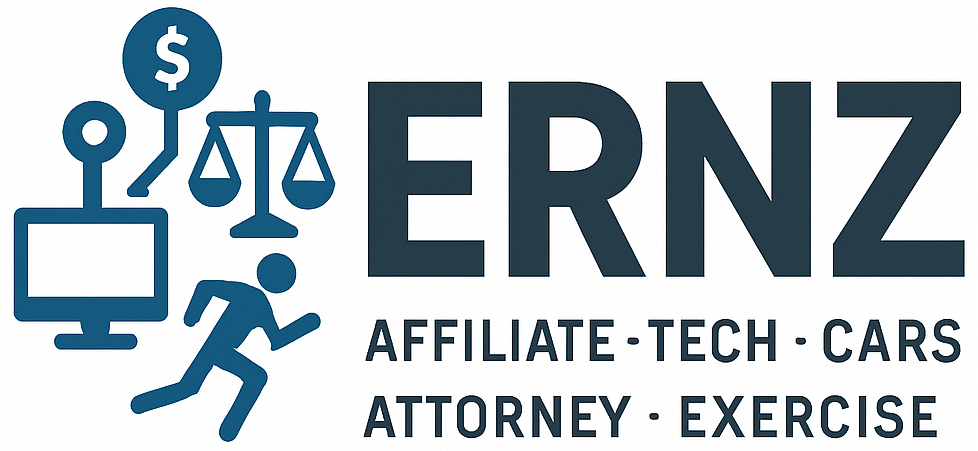Beforehand, specialists might have urged putting your enterprise money right into a financial institution, but no extra. Belief me, this present day gold, makes an unquestionably extra strong enterprise companion. These days, the west’s economies are in a tough state of affairs, and placing sources into silver and gold is the in each case greatest thought throughout a droop. Despite the truth that financial institution mortgage prices are at an untouched low, the estimation of gold seems to ascend on a virtually common schedule. I do not see a decision to it any time shortly.
There are three principal strategies of putting your cash into gold. You’ll be able to go for ETFs or Trade-Traded Funds; you should buy gold presents, (for instance, in a mining group); or there’s merely the choice of shopping for gold bullion. Bullion should be essentially the most evident determination for anyone starting.
Bullion exists in two kinds: as cash, and as ingots (or gold bars). I counsel you begin off with gold cash for a number of causes. Initially, cash are more easy to pay money for and less complicated to promote than gold bars. Additionally, cash and awards supply considerably extra noteworthy adaptability on the subject of discarding your benefits. As an illustration, within the occasion that it’s worthwhile to eliminate 25 p.c of your gold property, it is considerably extra direct within the occasion that you simply personal ten or twelve cash versus a gold bar.
No matter you do, keep away from gold bullion sweet machines. They’re leaping up in buying facilities and strip malls in quite a few nations and are meant for potential monetary specialists who haven’t got the foggiest thought of what they’re doing. No knowledgeable vendor may truly contemplate shopping for their bullion from a bullion machine, so comply with their mannequin.
Earlier than you buy something make sure you get hold of the very best association accessible. To try this, you will need to know the way the framework capabilities. Bullion retailers get a profit primarily based on what’s in truth named “the unfold”. That is the sting they get once they buy below the market value and promote larger. There is no set sum. The unfold depends upon parts, for instance, the quantity of the gold on supply, and on what construction it comes. It might probably likewise depend upon who’s promoting the gold and the way skilled they’re.
are gold cash a very good funding
Gold cash fall into two main lessons: numismatic cash and bullion cash. Bullion mint items will basically be made solely for the enterprise market, whereas numismatic currencies are sometimes money and might be collectible in their very own proper. They are going to sometimes have an extra price moreover their gold substance. How a lot bullion cash value will depend on their gold substance along with a bit fringe of something from 5 to eight p.c. This distinction is by and huge alluded to the “glorious value”. Abnormal enterprise gold cash incorporate the UK Sovereign, the French Napoleon, Malaysian Kijang Emas, South African Krugerrand, and Chinese language Panda.
You must try to seek for bullion cash with the least premium over the offered gold value estimate. The one oz. Krugerrand from South Africa is essentially the most well-known bullion coin on the planet and can constantly alternate on the littlest premium over the important gold value. Generally you may get them on eBay for considerably below the market fee.
The world’s least costly spot to buy gold bullion is Hong Kong. The world round Queen’s Highway within the Central Space of Hong Kong is brimming with banks providing gold cash at prices as little as 0.2% over the wonderful value. Clearly, besides if you’re inside strolling separation, you would want so as to add on transport bills to examine whether or not an tour can be useful.
Dedicatory cash are usually showcased with the sensation that their price is required to ascend after a while. Tragically, this is not steadily the state of affairs and the primary value is generally basically larger than their gold substance. Honoring capabilities, for instance, the “Principal Crusing Ship To Cross The Atlantic In 50 Days” or “The a hundred and fiftieth Anniversary of the First Authorized Hanging in Texas” now and again will increase the worth of the coin itself. That is the reason just about each grasp will warning you to keep away from memorial cash.
